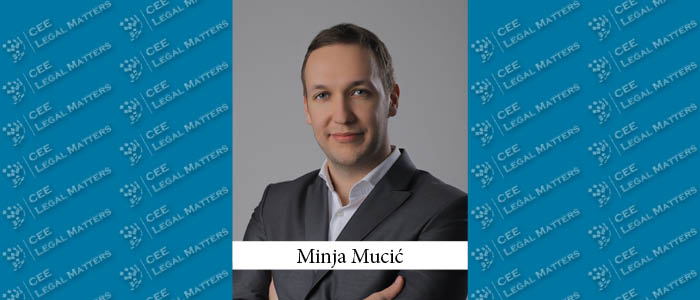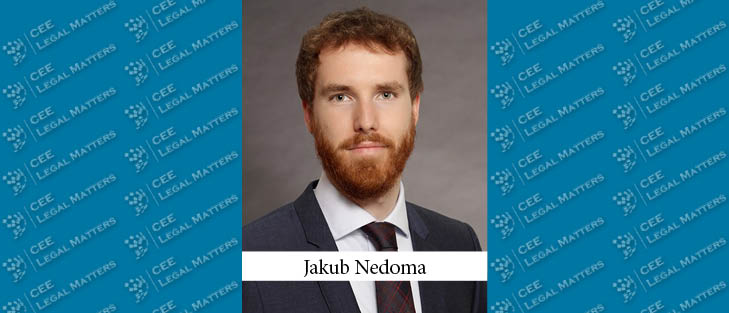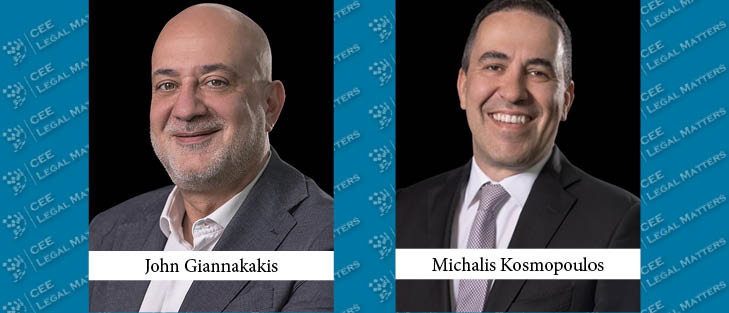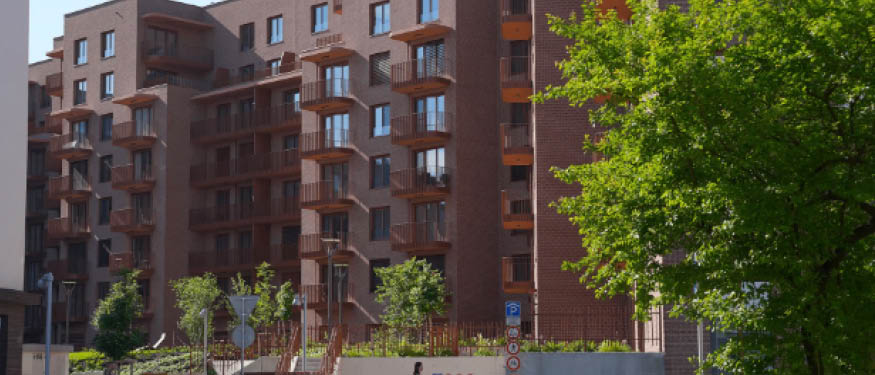Karanovic & Partners has advised AMD on opening an engineering design center in Serbia.
Finreg Partners Advises on Sale of Fondee to Direct Group
Finreg Partners advised Fondee founders and majority shareholders Jan Hlavsa and Eva Hlavsova on the sale of the company to Direct Group. Erudit Law Firm reportedly advised Direct Group.
Cobalt and Noor Advise on Ovoko's EUR 20 Million Investment Round
Cobalt has advised Ovoko on a EUR 20 million phase B venture capital investment round led by Smash Capital. Noor advised the founders of Ovko. Sorainen reportedly advised Smash Capital.
E-Delivery Note: Public Debate Opened on the Draft Law on Electronic Delivery Notes
At the end of last year, the Ministry of Finance announced the improvement of the Electronic Invoicing System (known as SEF), which will consist of various modules. Certainly, the most significant module will still be the E-Invoice, which has already been in use by business entities since January 1, 2023. Along with it, new modules such as the E-Delivery note, E-Excise, and E-Customs will also be integrated.
Weinhold Legal Promotes Jakub Nedoma to Associate Partner
Weinhold Legal has appointed former Associate Jakub Nedoma to the position of Associate Partner.
LSW Advises Gilat Satellite Networks on Stellar Blu Solutions Acquisition
LSW has advised Gilat Satellite Networks on its USD 245 million acquisition of Stellar Blu Solutions. Naschitz, Brandes, Amir, BCLP, and William Blair reportedly advised Gilat Satellite Networks as well. Sheppard, Mullin, Richter & Hampton reportedly advised the sellers.
Drakopoulos Launches Data and Digital Practice
Drakopoulos has launched a new Data and Digital practice dedicated to “providing comprehensive legal solutions to clients navigating the increasingly complex landscape of data protection, digital transformation, AI, cybersecurity, and emerging technologies.”






















